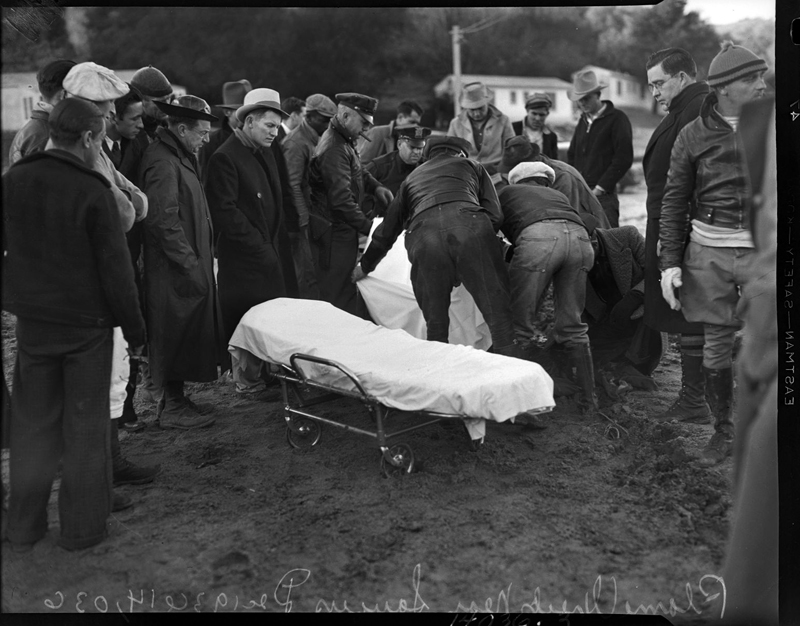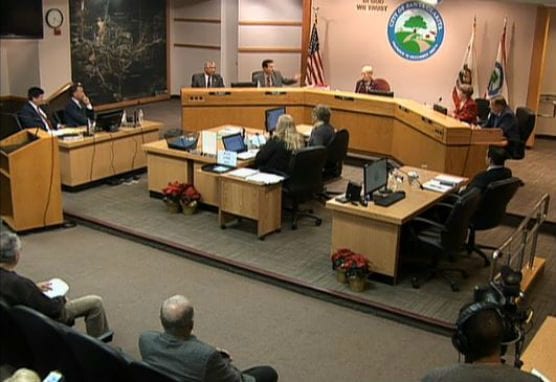Following unexpected conflict and confusion in their vote to elect Marsha McLean mayor at the Dec. 11 Santa Clarita City Council meeting, council members called for an agenda item at its next meeting on Tuesday, Jan. 8 to consider adopting Robert’s Rules of Order or Rosenberg’s Rules of Order for the conduct of future City Council meetings.
Currently, per the council’s Norms and Procedures adopted in 2012, the mayor leads the meetings, but otherwise there are very few provisions of parliamentary procedure for the conduct of meetings, particularly relating to handling motions or nominations for Mayor and Mayor Pro Tem.
Here’s the agenda item for Tuesday’s meeting:
Background
Robert’s Rules of Order were originally published in 1876, based upon rules governing the conduct of the United States Congress. The rules are now identified as Robert’s Rules of Order Newly Revised.
A copy of these rules has been provided to the City Council, with copies available in the City Clerk’s Office.
Because of the complexity of Robert’s Rules of Order, many jurisdictions have adopted the League of California Cities recommended Rosenberg’s Rules of Order.
Rosenberg’s Rules of Order was developed by California Superior Court Judge Dave Rosenberg and more specifically relates to the conduct of local public meetings in California. That publication has also been provided to the City Council, with copies available in the City Clerk’s Office.
On Nov. 13, 2012, the Santa Clarita City Council adopted its Council Norms and Procedures, which guides the conduct of City Council meetings. The current Norms and Procedures contains very few provision of parliamentary procedure for the conduct of meetings. Essentially, the Mayor runs the meetings and rules on points of order.
The document does not contain any specific language concerning the handling of motions or nominations for the positions of Mayor and Mayor Pro Tem.
Under Robert’s Rules of Order, nominations are submitted without the requirement for a second, unless the City Council adopts a rule requiring a second for its nominating processes. Under Rosenberg’s Rules of Order, motions require a second, but nominations are not specifically addressed.
In terms of voting on nominees, the City Council may wish to consider several options:
1. Election by ballot. The City Council is not allowed to vote by secret ballot under the Brown Act, so this option would require the City Clerk to publicly announce the vote of each Councilmember.
2. Consideration of nominees in the order the nominations are made until a nominee receives a simple majority vote.
3. Consideration of nominees in the reverse order nominations are made until a nominee receives a simple majority vote.
4. Roll-call vote, in which the name of the preferred nominee is stated by the Councilmember when they cast their vote. This process continues until a nominee receives a simple majority of votes cast.
The City Council may wish to consider adopting broader rules of order, as contained within Robert’s Rules of Order or Rosenberg’s Rules of Order. As an alternative, the City Council may wish to consider amending the existing Council Norms and Procedures by adopting rules specific to nominations.
The City Council’s direction will be incorporated into a future agenda item for Council consideration, as appropriate.
Alternative Action
Other action as determined by the City Council.
Like this:
Like Loading...
Related





 Tweet This
Tweet This Facebook
Facebook Digg This
Digg This Bookmark
Bookmark Stumble
Stumble RSS
RSS


























REAL NAMES ONLY: All posters must use their real individual or business name. This applies equally to Twitter account holders who use a nickname.
No Comments